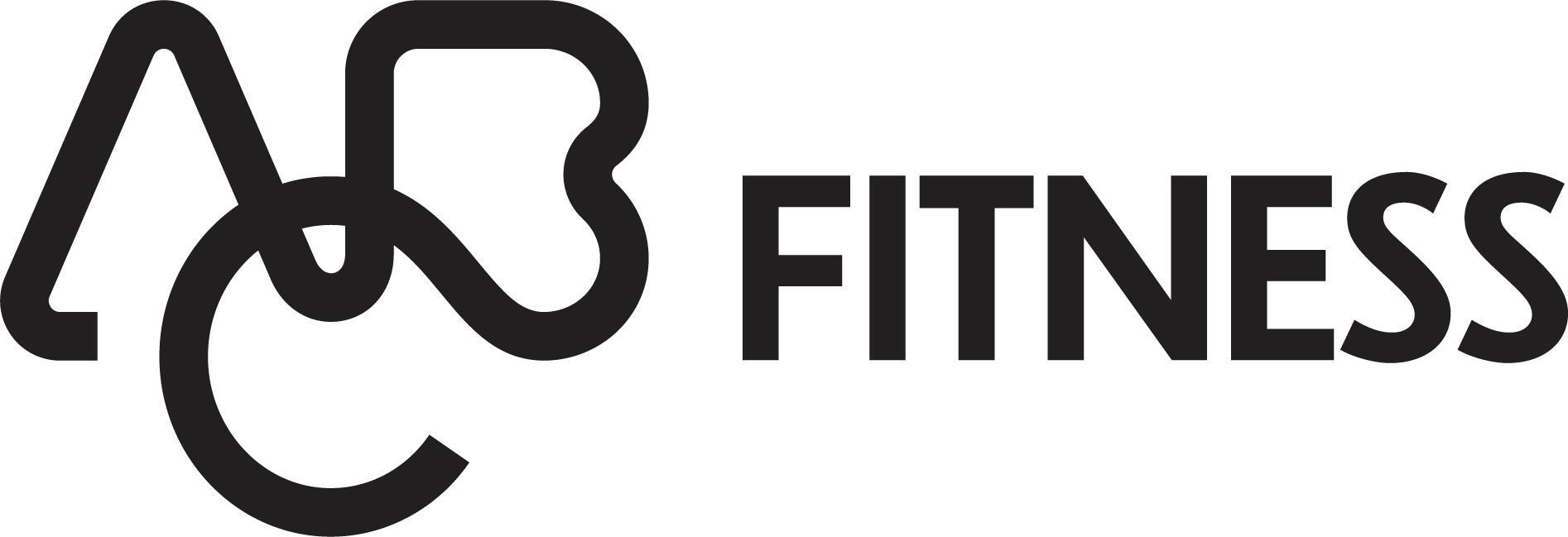ACA REPORTING GUIDANCE FOR 2016
By: Melissa Knowles
If you’re panicking over the reports the Affordable Care Act (ACA) requires your business to produce this month, you’re not alone. We’ve received numerous questions over the past few months from clients and blog readers. In an effort to make the process easier, we’ve prepared the handy guide below.
How do I know what size employer I fall under?
For some, it’s very clear that you’re a small business. You have 10 team members (both full and part-time) at any given point in the year. For others, it can get a bit cloudy. Here’s what the ACA says about your business size:
• Small employers are those with fewer than 50 FTEs.
• Applicable large employers are those with at least 50 FTEs.
First, you’ll need to determine how many full-time equivalent (FTE) employees you have. Start by counting all full-time (30+ hours per week for at least 120 days) employees you had at the height of your employee count for the year (if your number of staff members/payroll has fluctuated). Next, calculate your FTE employees; employees who worked less than 30 hours per week for at least 120 days of the year. Take the payroll data from several payrolls throughout the year and do the following: Add up all part-time employee hours (for those working or expected to work 120 or more days). Divide it by 30. Add that number to your full-time count, and you have your FTE number. Look at several payrolls and go with the highest. The IRS has a calculator to help with this: https://www.healthcare.gov/shop-calculators-fte/
Which reports do I need to send?
Take your FTE count and your knowledge of the medical coverage your business currently offers and determine which reporting group you fall into:
• Small employers (those with fewer than 50 FTEs) with a self-insured health plan must complete and file Forms 1095-B (Health Coverage) and 1094-B (accompanying transmittal form) with the IRS, as well as provide employees—specifically, those who are taxpayers responsible for showing they had health coverage during the year—with a copy of Form 1095-B.
Form 1095-B is used to report certain information to the IRS and to taxpayers about individuals who are covered by minimal essential coverage and therefore not liable for the individual shared responsibility payment.
The 1095-Bs will be provided by insurance companies for fully insured plans.
• Applicable large employers (ALEs) with at least 50 FTEs must complete and file Forms 1095-C (Employer-Provided Health Insurance Offer and Coverage) and 1094-C (accompanying transmittal form), and provide each full-time employee with a copy of Form 1095-C.
Small employers with fewer than 50 FTEs also will be required to file Forms 1095-C and 1094-C if they are members of a controlled or affiliated service group that collectively has at least 50 FTEs. This means if you have several different legal entities all operating under one brand and one management umbrella, you’ll need to count all of these legal entities’ FTEs together for reporting and coverage requirement purposes.
When are the reports due?
Reports due to the employees must be provided by January 31st. Reports to the IRS are due by February 29th.
While the coverage requirements and penalties for 2015 only applied to applicable large employers (ALEs) with at least 100 FTEs, reporting is required for those with at least 50. And in 2016, employers with 50 or more FTEs are subject to the employer shared responsibility provisions.
*The employer shared responsibility provisions—also known as the employer coverage mandate—are the employer penalty provisions under the ACA. Penalties apply if an employer fails to offer minimum essential coverage that is affordable and provides minimum value to full-time employees working at least 30 hours per week

What else do I need to do to prepare?
Before you start working on your required forms, here’s one last recommendation, get your employees prepared. Since this is the first year they’ll be required to report coverage with their tax filings, chances are they’re not prepared. A little communication can go a long way.
Three primary messages to convey to your employees:
1. Here’s what to expect. You will receive Form 1095-C for the first time in January 2016.
2. Why you should care. You will need information on the form to prepare your 2015 taxes.
3. Be on the lookout. Watch for the form in your mailbox in January or for it to be delivered by hand at the worksite.


